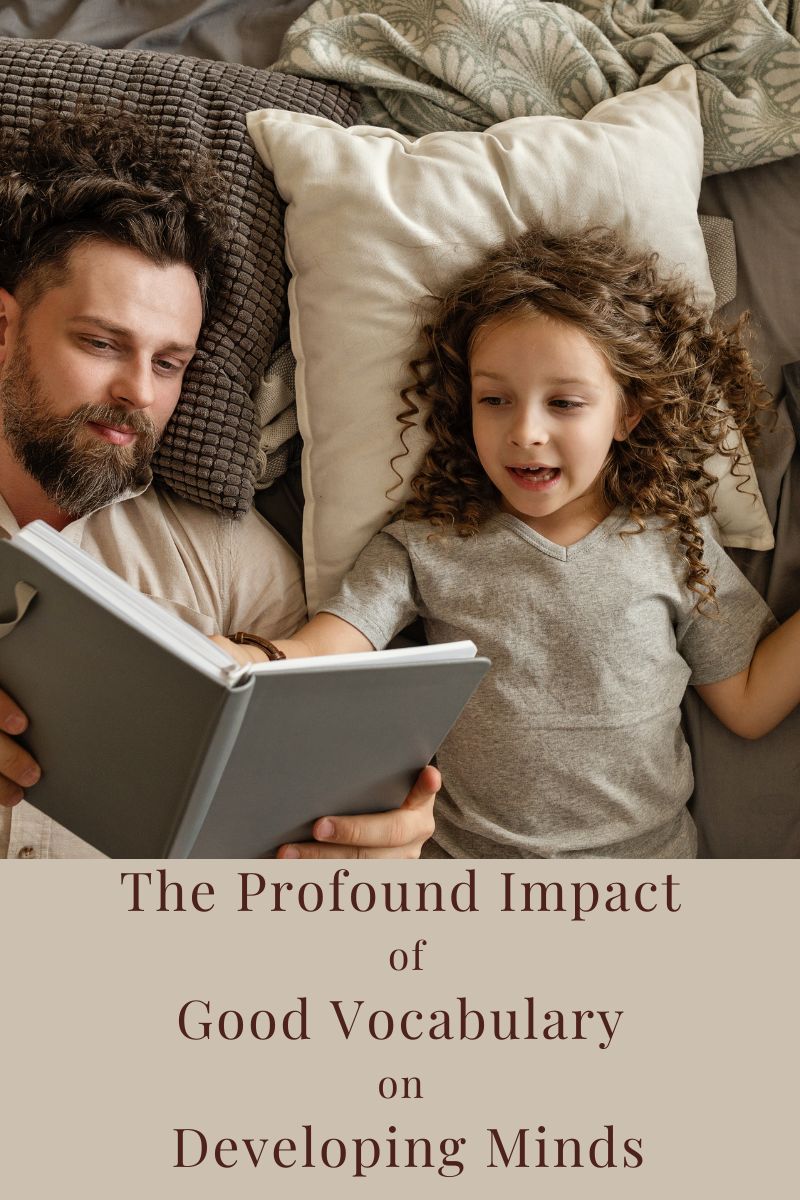
The Profound Impact of Good Vocabulary on Developing Minds
Greetings, parents!As you embark on the incredible journey of nurturing your preschooler's mind, it's crucial to recognize the profound impact a rich vocabulary can have on their cognitive development. Scientific research has unveiled the fascinating intricacies of language acquisition in the early years, and the evidence is clear: fostering good vocabulary from the start is a crucial investment in your child's future.
The Evolution of Language Understanding in the Brain:
Researchers in the field of neuroscience have delved deep into the evolution of language understanding in the developing brain. Dr. Patricia Kuhl, a renowned neuroscientist, emphasizes that the early years are critical for language development. During this time, the brain undergoes remarkable changes, creating neural connections that form the foundation for future learning.
I have noted that exposure to a diverse and extensive vocabulary during these formative years positively influences the brain's ability to comprehend and express thoughts. The brain acts like a sponge, absorbing words and their meanings, laying the groundwork for advanced language skills.
The Impact of Good Vocabulary:
The American Academy of Pediatrics research suggests preschoolers exposed to an enriched vocabulary demonstrate superior language skills and enhanced cognitive abilities. Reading aloud and engaging in conversations with your little one stimulates various areas of the brain, fostering creativity, critical thinking, and problem-solving skills.
Quotes from Dr. Ellen Galinsky, a developmental psychologist, emphasize that the first seven years of life are particularly crucial. This period is a golden opportunity to mould the brain's architecture, and good vocabulary plays a pivotal role.
The Power of Children's Literature:
Enter the magical world of children's literature, a treasure trove for building a solid vocabulary foundation. I developed my book series - Literature for Littles - to benefit language improvement in young minds. The first book, The Spotty Little Tiger, is available now. It is a delightful example of how stories can captivate young minds while introducing new words playfully and engagingly.
Practical Suggestions for Parents:
Now that we've established the importance of good vocabulary let's explore some practical suggestions for incorporating language-rich activities into your daily routine:
1. Read Aloud: Make reading a daily ritual. Choose books to enhance vocabulary, like "The Spotty Little Tiger." Engage your child by asking questions and discussing the story.
2. Expand Conversations: Encourage your preschooler to express themselves. Engage in meaningful conversations using diverse and descriptive language. Please share your thoughts and feelings and listen attentively to theirs.
3. Word Games: Turn learning into a game! Play word association or rhyming games, or engage in storytelling where you take turns adding new elements to the story.
4. Visit the Library: Make regular trips to the library. Allow your child to explore different genres and discover the joy of selecting their books.
In conclusion, the impact of good vocabulary on a developing mind cannot be overstated. As parents, you hold the key to unlocking your child's potential by providing a language-rich environment. The first seven years are an extraordinary window of opportunity to shape your child's cognitive development trajectory. Embrace it, revel in it, and watch your preschooler's mind blossom into a linguistic marvel, ready to conquer the world.
Happy reading!
Post Views : 358